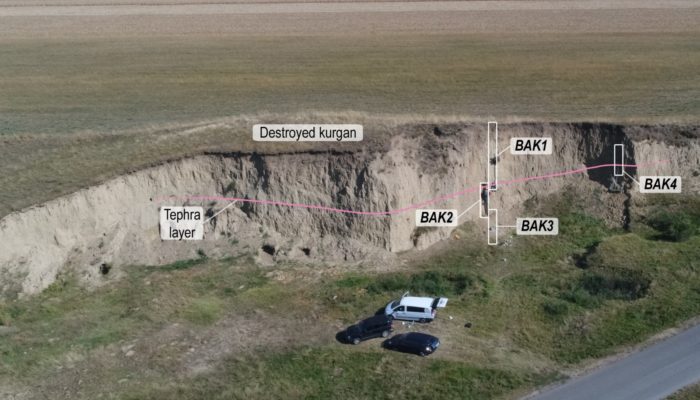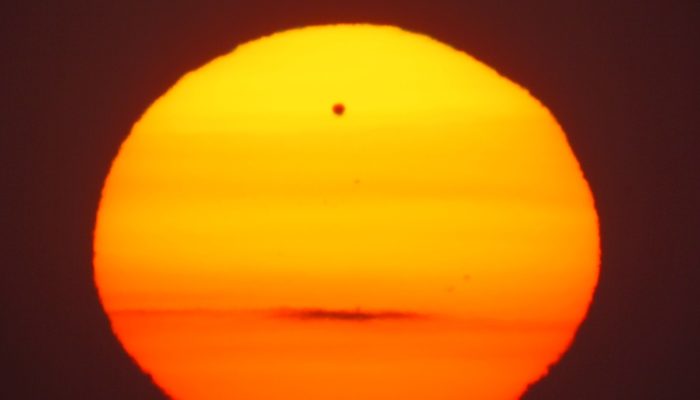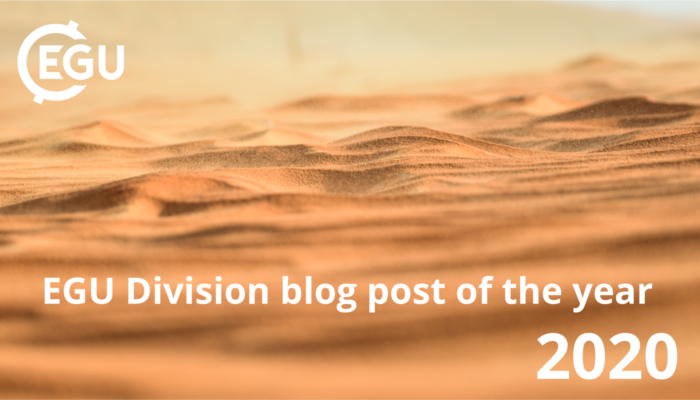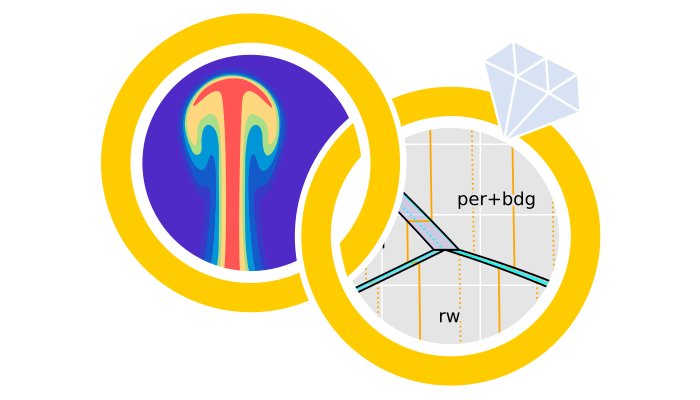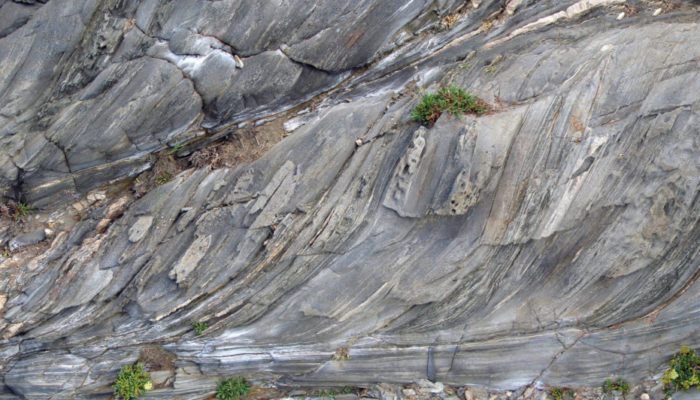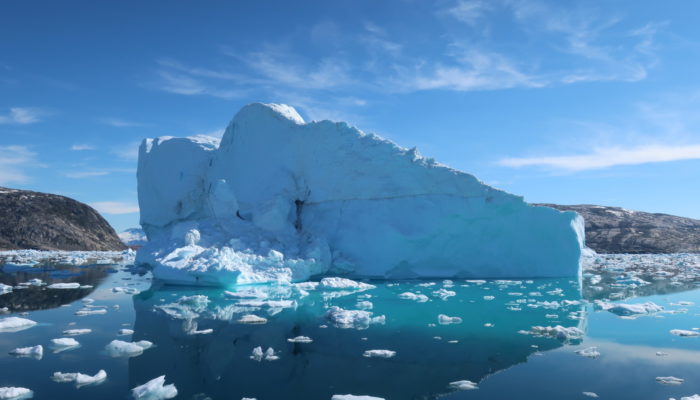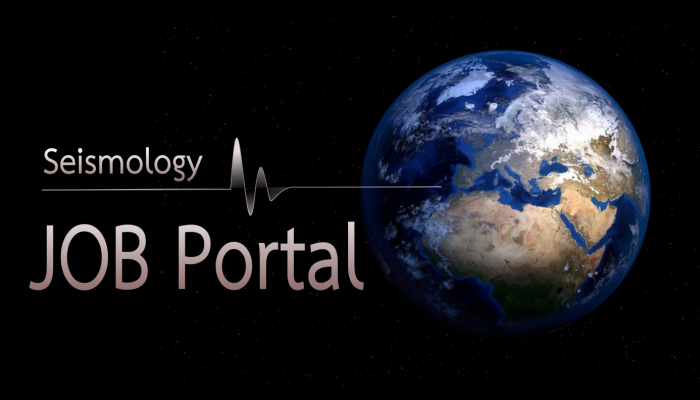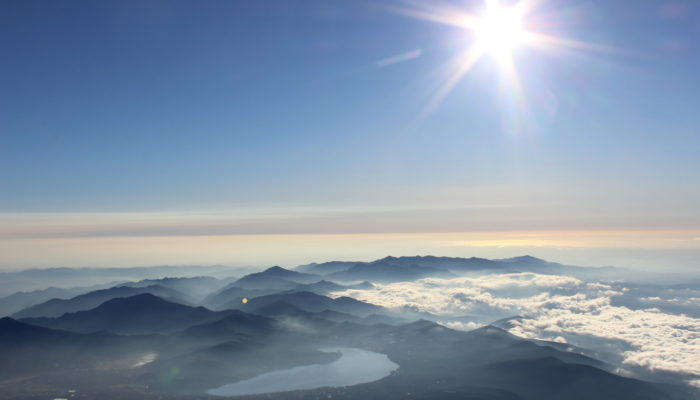As you have learned from our previous posts, loess is a widespread terrestrial sediment, known to be an important archive for the changes of past environmental and climatic conditions. In order to use loess as a proxy, we first need to investigate the age of the sediments. In loess, different dating methods can be used, such as luminescence dating, radiocarbon dating, magnetic stratigraphy, and or ...[Read More]
If you didn't find what you was looking for try searching again.
GeoLog
Imaggeo On Monday: Transit of Venus over the Sun
The object of this photo is the transit of planet Venus in front of the Sun which took place on June 6th 2012 and was the last event of this kind until 2117! This is a very rare event with respect to a human life span and the transit always happens in pairs, 8 years apart, with a repeatability of more than two centuries. The picture was captured on the shore of the Black Sea, in Vama Veche, Romani ...[Read More]
GeoLog
Winners of the EGU Best Blog Posts of 2020 Competition
2020 was a brilliant year for our blogging network here at EGU. Across the EGU’s official blog, GeoLog, as well as the network and division blogs there were so many interesting, educational and just downright entertaining posts this year it was hard to get the blog editors to choose their favourites! Nevertheless at the beginning of January, to celebrate the excellent display of science writing ac ...[Read More]
Geodynamics
Thermodynamics and Geodynamics: The perfect couple?
In preparation for Valentines day, Bob Myhill explores the potential for close partnership (and even love?) between the geodynamics and thermodynamics communities. Much of Earth and planetary science relies in some way on thermodynamics. This is not a surprise; the elegance1 of its premises makes thermodynamics a robust starting point for many investigations, and the number of thermodynamic applic ...[Read More]
Tectonics and Structural Geology
Features from the Field: Shear Zones and Mylonites
The San Andreas Fault in California, the Alpine Fault in New Zealand, or the Main Frontal Thrust in the Himalayas are some of the most famous and largest fault zones that accommodate the relative displacement between two adjacent crustal blocks. Such faults, however, represent only the shallower expression of something much bigger: a crustal shear zone. In the first 10 kilometers or so of the crus ...[Read More]
Cryospheric Sciences
Image of the Week – Icebergs increase heat flux to glacier
Icebergs are ubiquitous in Greenland’s fjords, melting and releasing freshwater as they float towards the open ocean. The amount of freshwater released from these icebergs can be vast – the equivalent of around 50,000 Olympic swimming pools per day in some fjords. New research reveals that this freshwater causes fjord currents to speed-up, which can actually increase the amount of heat delivered t ...[Read More]
Seismology
Seismology Job Portal
On this page, we regularly update open positions in Seismology for early career scientists. Do you have a job on offer? Contact us at ecs-sm@egu.eu Please, note that other available research positions are displayed on the EGU Jobs Portal. Special Thanks to Eric Löberich for researching job postings for the ECS.
GeoLog
What was the best Division blog post in 2020: vote for your favourite!
The past 12 months have seen an impressive 540 posts published across the EGU’s official blog, GeoLog, as well as the network and division blogs. The EGU Division bloggers in particular have been hard at work producing new informative, fun and interesting blog posts for our members both inside their Division, but also across EGU as a whole! Ocean Sciences Division joined the EGU blogging family &# ...[Read More]
Hydrological Sciences
Timeless times, cosmos and hydrology
Close your eyes. What time is it? Is it still Tuesday? Oh, the calendar… Has 2021 started already? And, how are you? Yes, you! Sincerely asking, how are you? To anyone asking this question, the expected reply is usually simple and short. Nothing complicated here – you are either feeling good or bad (although some fuzziness is kindly welcome too). Personally, I often opt for a deep and detailed re ...[Read More]
GeoLog
Top 5 GeoLog posts of 2020!
Happy New Year!! 2020 has been a pretty relentless and turbulent year – and a lot has happened. Here at EGU headquarters (currently spread across our staff’s several homes) we all know how much we owe to you, our members, followers and friends, this year, through all the highs and the lows. We honestly could not have made it through without our wonderful community – and yo ...[Read More]

